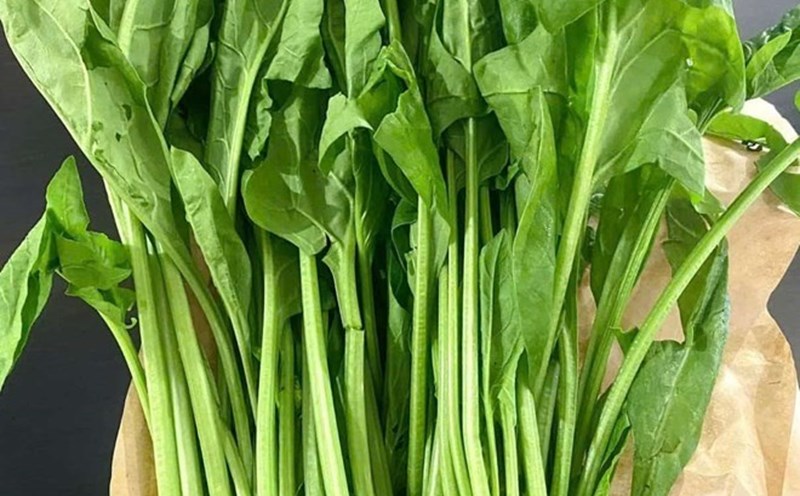To maximize its uses, the way to eat red grapes also needs attention.
Recent studies show that red grapes are rich in resveratrol, a polyphenol compound known for its antioxidant effects.
Resveratrol helps reduce oxidative stress in the liver, thereby preventing inflammation and liver cell damage, especially in people at risk of fatty liver or hepatitis.
For the kidneys, red grapes contain a lot of potassium and water, which have a mild diuretic effect, promoting the excretion of toxins through urine. Research published in the Journal of Medicinal Food also shows that resveratrol and flavonoids in grapes can reduce blood creatinine levels, an indicator of kidney function.
Although red grapes have many benefits, if eaten incorrectly, the detoxification effect can be reduced, even causing disadvantages to health.
Eat both the skin and seeds: Resveratrol and many antioxidant compounds are most concentrated in the skin and seeds of grapes.
Eating both red grape skin and seeds helps maximize nutrients, supporting cardiovascular, liver and kidney health better than just eating part of the intestines.
Eat at breakfast or after main meals: This is the time when the liver and kidneys are active, easily absorbing antioxidants. Eating grapes on an empty stomach can make some people alcoholised, so they should eat them about 30 minutes after meals.
Combined with nuts and yogurt: Red grapes when eaten with low-fat yogurt or almonds help balance blood sugar levels, while also adding probiotics, good for the digestive system and indirectly supporting the liver and kidneys.
Red grapes have a fairly high amount of natural sugar (fructose). People with diabetes or at high risk of blood sugar need to control their portion sizes, and should only eat about 100-150g at a time.
It is necessary to wash thoroughly under running water to remove pesticide residues, it is best to choose organic grapes.
In particular, people who are taking anticoagulants (such as warfarin) should consult a doctor before eating grapes regularly, because resveratrol can affect the blood clotting process.











